
This Is What Happens When You Eat Too Much Sugar—#7 Will Sh0ck You!
Sugar may make life taste sweeter, but consuming it in excess can lead to a host of health issues that often go unnoticed until they become more serious. While natural sugars from fruits and dairy come packed with nutrients and fiber, refined sugars - found in processed foods, pastries, candies, and soft drinks - can wreak havoc on your body when consumed in large amounts.
According to the Dietary Guidelines for Americans, the average person consumes far more added sugars than recommended. Experts advise keeping added sugar to less than 10% of your total daily calories, yet many exceed this limit without realizing it. From energy crashes to chronic inflammation, the effects of too much sugar aren’t just about gaining a few pounds - they can impact nearly every system in your body.
So how do you know if sugar has silently taken over your diet? Below are 10 key warning signs that you might be eating too much sugar - and why it’s time to cut back.
1. Constant Hunger and Unwanted Weight Gain
Sugar-laden foods provide quick energy but lack filling nutrients like fiber and protein. This means you may feel full for a short time, only to find yourself hungry again shortly after.
“Having too much sugar can lead to increased feelings of hunger due to its lack of satiating nutrients such as protein and fiber. This can result in overeating and eventual weight gain.”
Excess sugar may also influence hormones like ghrelin and leptin - your hunger and fullness cues - causing them to misfire. Over time, this can spiral into persistent overeating and weight gain, even when calorie intake seems moderate.
2. Acne Breakouts and Early Wrinkles
If your skin has been acting up, sugar might be to blame. Studies show that diets high in sugar can spike insulin levels and increase inflammation, both of which contribute to skin flare-ups and premature aging.
“Too much sugar has been linked to skin issues like acne and premature aging. Elevated blood sugar levels can lead to inflammation and hormonal imbalances, which only further perpetuate skin conditions and accelerate wrinkle formation.”
High-sugar diets can damage collagen and elastin - proteins that keep skin firm - leading to the appearance of fine lines and wrinkles far earlier than expected.
3. Elevated Blood Pressure
While most people associate sodium with high blood pressure, sugar can be an equally harmful culprit. Sugary beverages, in particular, have been directly linked to increased blood pressure levels in numerous studies.
“Research suggests a correlation between too much sugar consumption and elevated blood pressure levels. The link has primarily been sourced from sugary drinks.”
Consistently high sugar intake can strain the heart and blood vessels, increasing the risk of hypertension and cardiovascular complications over time.
4. Poor Sleep Quality
Sleep and sugar are closely connected. A diet high in sugar can lead to erratic blood glucose levels, making it harder to fall and stay asleep.
“A high-sugar diet can disrupt both sleep patterns and sleep quality. When your blood sugar levels fluctuate, it can lead to issues falling asleep or staying asleep, which makes sleep overall inconsistent.”
Some individuals even experience night-time awakenings due to sugar crashes, leading to fatigue the following day and worsening the cycle.
5. Joint Discomfort and Stiffness
If you’ve been waking up with stiff or achy joints, sugar might be contributing to the problem. Chronic inflammation - often triggered by excess sugar - can exacerbate joint discomfort and is particularly problematic for those with existing conditions.
“Too much sugar can trigger inflammation in the body, which can also create joint pain. People with a condition like arthritis may experience an increase in discomfort from high levels of sugar.”
Reducing sugar intake can help ease inflammation, improve mobility, and enhance overall comfort.

6. Dental Issues and Cavities
This is one of the most widely recognized consequences of sugar consumption. When sugar interacts with bacteria in the mouth, it produces acids that wear down tooth enamel.
“Sugar feeds bacteria in the mouth, leading to the production of acids that erode tooth enamel and promote the formation of cavities.”
Even healthy-seeming snacks like fruit juices or flavored yogurts can contribute to tooth decay if consumed in excess without proper oral hygiene.
7. Frequent Fatigue and Energy Dips
Sugar offers a fast energy spike - but what goes up must come down. The quick high is typically followed by a sharp crash that leaves you feeling drained and mentally foggy.
“While sugar provides a quick energy boost, it is often followed by a crash in energy levels.”
As a result, people often reach for even more sugary snacks to regain that energy burst, creating a rollercoaster of highs and lows that can be both mentally and physically exhausting.
8. Mood Swings and Irritability
Ever feel unexpectedly moody after a sweet snack? There’s a reason. Sugar can throw off the body’s glucose regulation, directly impacting mood stability.
“Sugar consumption, in general, can impact mood stability by causing rapid fluctuations in blood sugar levels. This may lead to irritability and mood swings.”
This rollercoaster effect can feel like emotional whiplash - fine one minute, snappy the next. It's especially noticeable in people who consume high amounts of processed or added sugars daily.

9. Cravings You Can’t Control
Sugar is known to activate the brain’s reward system - much like certain addictive substances. The more you consume, the more your brain demands, making cravings harder to resist.
“Sugar activates the brain’s reward system, which the brain quickly learns to seek more of. Too much sugar offsets the brain’s ability to naturally source or earn these rewards and creates a cycle of cravings.”
These cravings are often mistaken for hunger, leading to compulsive eating behaviors that are difficult to break without conscious effort.
10. Foods Don’t Taste Sweet Anymore
If you find that fruits or mildly sweet foods no longer satisfy your sweet tooth, it might be because your taste buds have become desensitized.
“When you eat too much sugar, it desensitizes your taste buds, reducing the natural taste of sweetness in foods.”
This dulling effect can make you crave more intensely sweet foods, creating a cycle of dependency that continues to push your sugar threshold higher and higher.

The Takeaway: Awareness Is Key
Recognizing these warning signs is the first step toward breaking free from sugar dependency. While sugar isn’t inherently evil, excessive intake - especially from processed sources - can trigger a range of issues that affect your energy, skin, mood, and overall health.
Rather than cutting sugar entirely, aim to:
-
Focus on whole foods like vegetables, whole grains, fruits, and lean proteins.
-
Minimize processed foods and sugary beverages.
-
Read nutrition labels to spot hidden sugars (e.g., corn syrup, dextrose, cane juice).
-
Choose natural sweeteners when needed, such as honey or maple syrup - in moderation.
-
Listen to your body’s signals, and try not to ignore subtle symptoms like irritability or fatigue.
Small, mindful changes in your diet can have a profound impact on your health over time. Remember, taking control of your sugar intake isn’t about deprivation - it’s about empowerment. And your body will thank you for it.
News in the same category


8 Foods High in Inulin to Eat for Better Gut Health

Proven Health Benefits and Uses of Thyme and Thyme Tea

Proven Health Benefits of Walnuts, How Many to Eat, and More (Science Based)

How Can Europe Reduce Heat Deaths Amid Rising Temperatures?
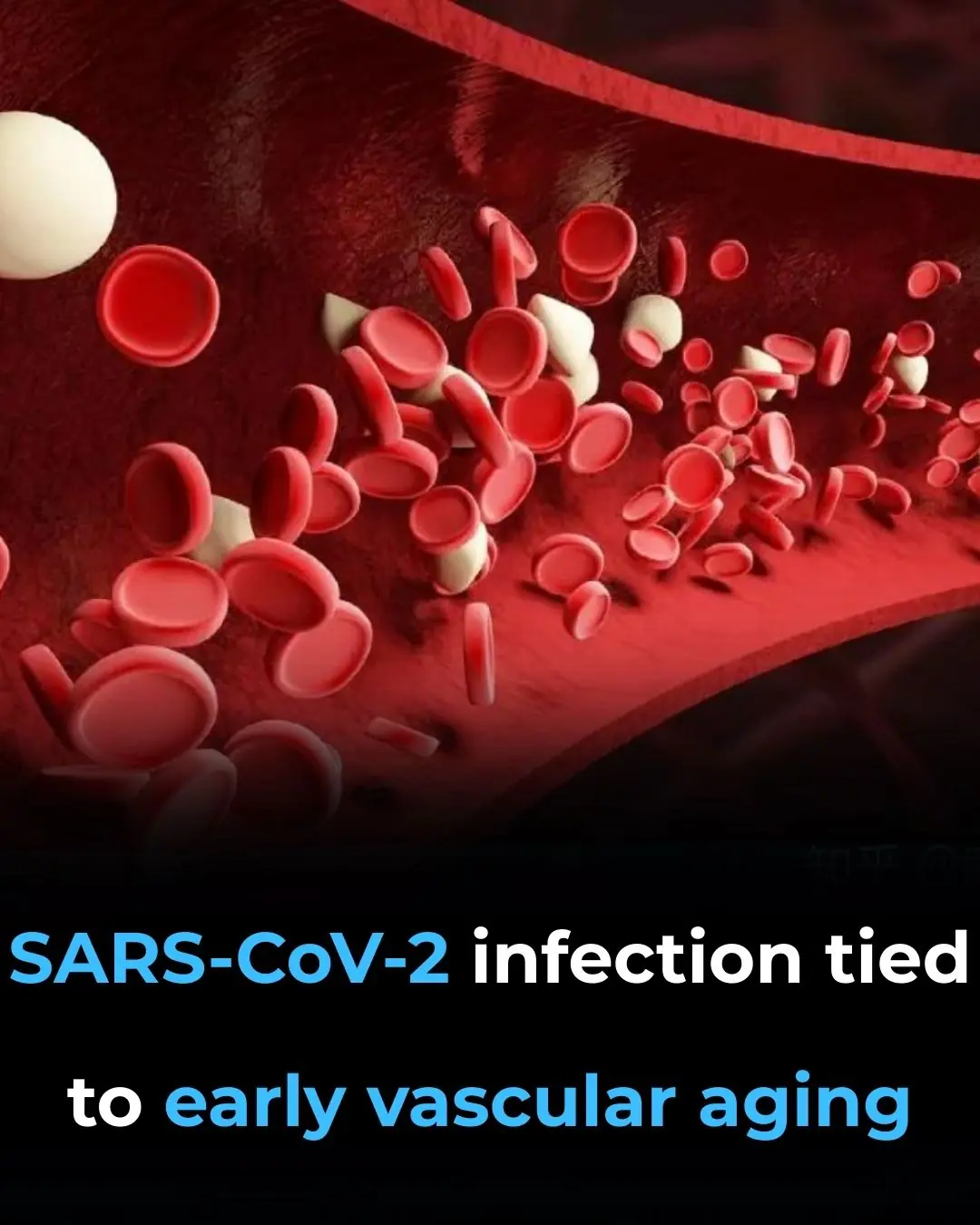
SARS-CoV-2 Infection Tied to Early Vascular Aging
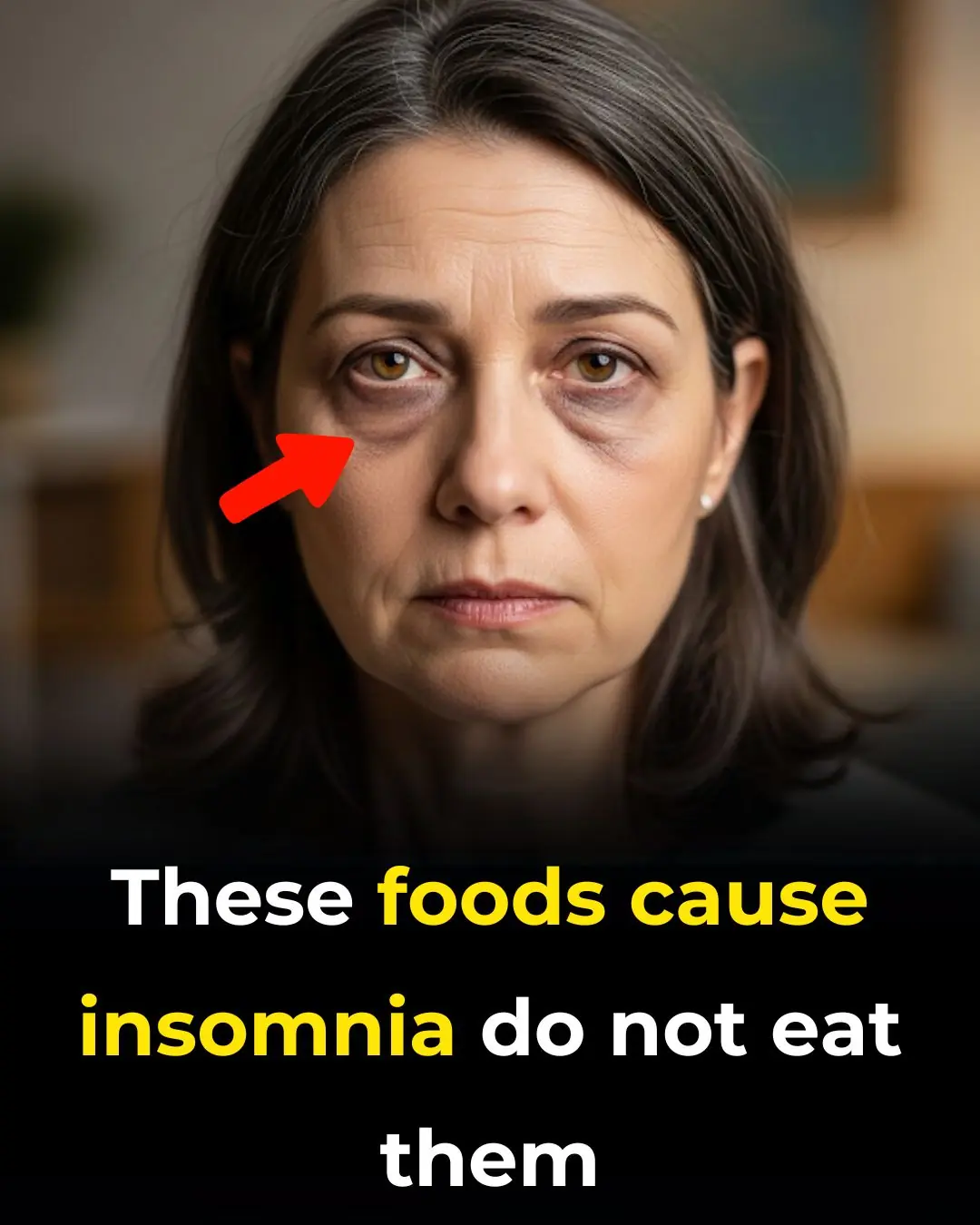
These Foods Cause Insomnia

How To Get Rid of Phlegm And Mucus

Most people eat these 7 meats daily — here’s why you shouldn’t
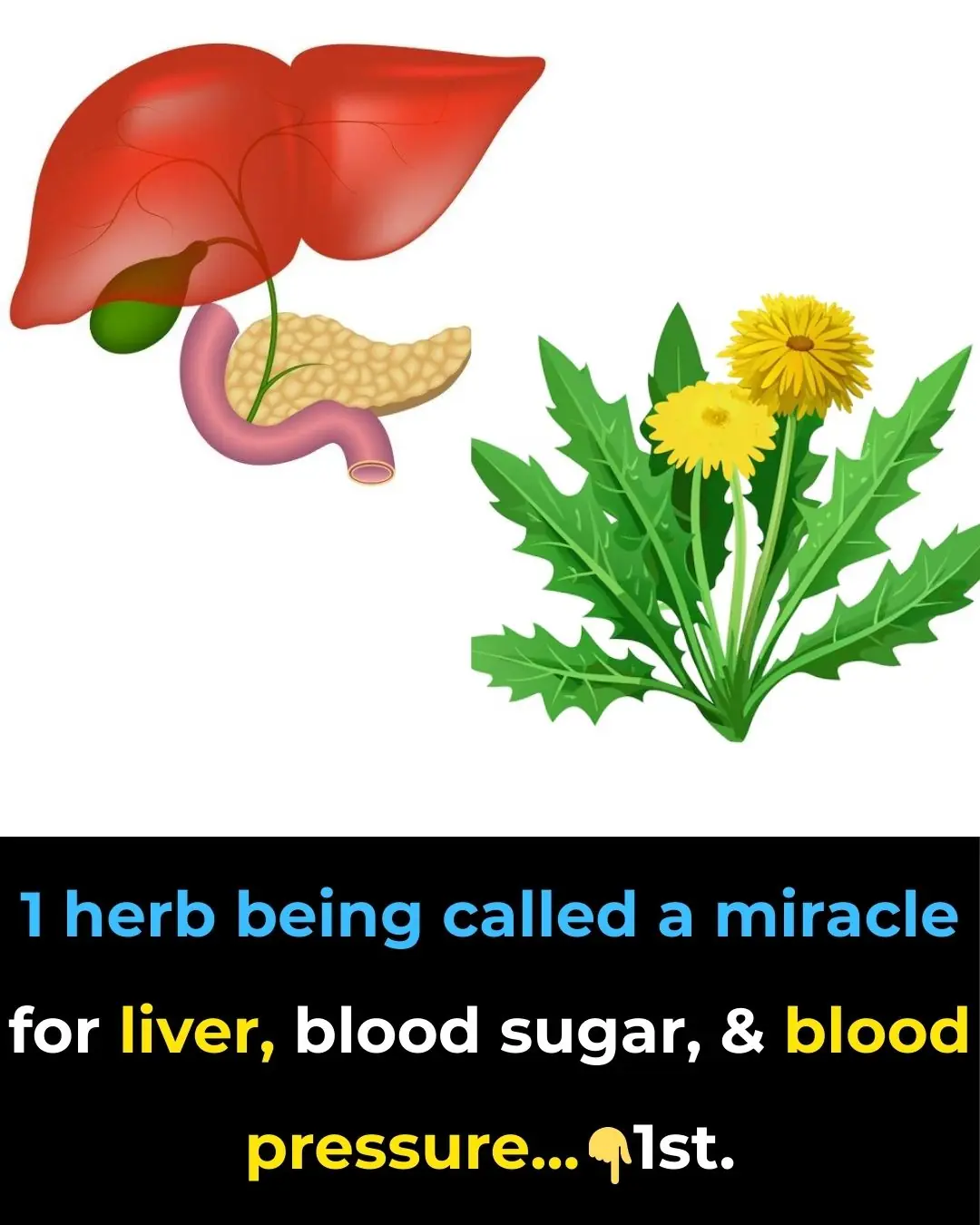
1 herb being called a miracle for liver, blood sugar, and blood pressure

Dr. Nick Norwitz Eats Over 700 Eggs in a Month to See What Happens

Elon Musk unveils new AI project that could recreate Microsoft’s entire business operations

Do Not Ignore These 10 Warning Signs That Your Kidneys May Be In Danger

If Your Body Suddenly Jerks While Falling Asleep, This Is What It Means

If You Eat Eggs Every Day

Vegetables To Clean Your Arteries And Prevent Heart Attack
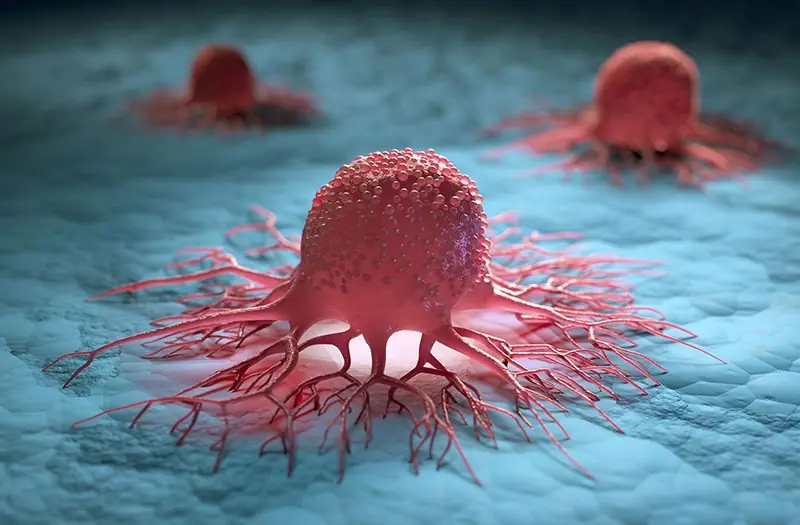
Pain in This Part of the Body Could Indicate Cancer Cells are 'Awakening' – Both Men and Women Shouldn't Ignore It
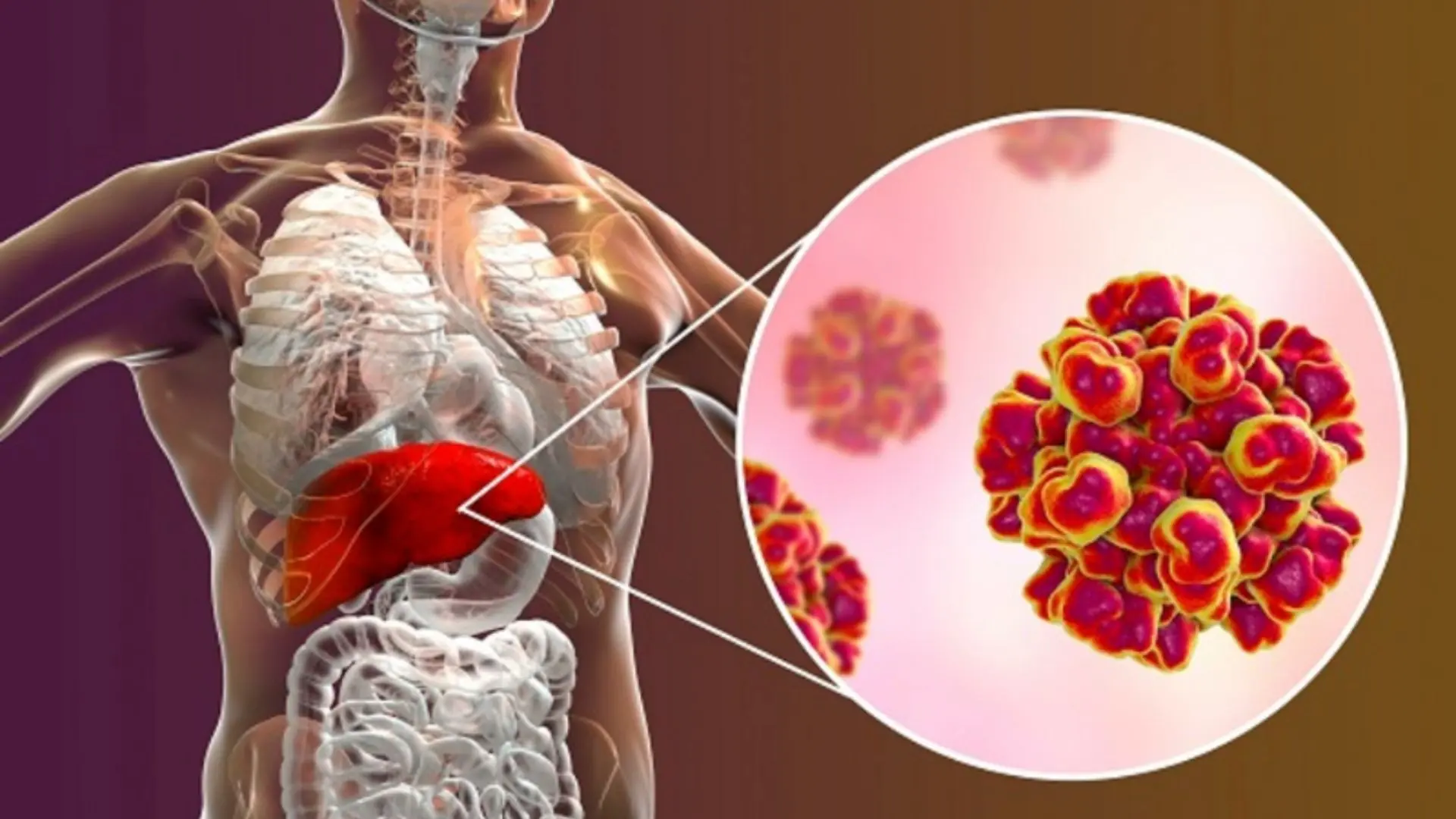
10 Unconventional Signs of Liver Damage You Must Know About

14 Early Warning Signs You're Dangerously Low on Magnesium

How To Get Rid Of Phlegm and Mucus In Chest and Throat
News Post

Military sleep method is 96% successful and will send you to sleep in two minutes
Struggling to sleep? A viral “military sleep method” promises to send you into slumber in just two minutes. With a 96% success rate, it’s being hailed as a game-changer for insomniacs and restless minds alike.

Exactly what happens to your body if you contract chikungunya virus as China enforces 'forceful pandemic measures
Just as the world is still grappling with the lingering effects of COVID-19, a new viral threat has emerged. China is now battling a fast-growing chikungunya outbreak, enforcing strict pandemic-style measures to contain the mosquito-borne disease.

Man contracted life-threatening infection and almost lost an arm after sleeping in bed with his dog
What started as a harmless night sharing a bed with his pet turned into a nightmare. An Australian man contracted a rare, life-threatening bacterial infection after his dog accidentally bit him in his sleep, leaving him close to death and with lasting hea

Google issues warning to billions of Gmail users amid dangerous new scam
Billions of Gmail users are being warned of a dangerous new wave of cyberattacks. Google has confirmed that a notorious hacker group is actively exploiting a massive data breach to infiltrate accounts and extort victims.

Billionaire shares plan for $20 million sub voyage to Titanic site to prove industry is safer after OceanGate disaster
One year after the Titan sub disaster claimed five lives, a billionaire is betting $20 million on a daring new voyage to the Titanic wreck. His mission: prove to the world that deep-sea exploration can be safe.

Masterful Painting Of Jesus By 8-Year-Old—Says She Saw The True Face Of Jesus
At just eight years old, Akiane Kramarik stunned the world by painting what she believed was the true face of Jesus. After being lost, hidden, and nearly forgotten for 16 years, her masterpiece “Prince of Peace” has finally returned to the light—alo

Urgent warning issued to travelers as China takes ‘covid measures’ after reporting 7,000 cases of Chikungunya virus
Following guidance from the World Health Organization, China is focusing on mosquito control as the most effective method to prevent further spread.

US man accidentally buys entire street for $5,000 after thinking he was purchasing vacant lot
An Ohio man thought he had struck a bargain at a county auction. But his dream investment quickly spiraled into a nightmare when he discovered he now owned an entire street by mistake.

Can I Get My Metabolism Back After Stopping Lexapro and Prozac?

8 Foods High in Inulin to Eat for Better Gut Health

Proven Health Benefits and Uses of Thyme and Thyme Tea

Proven Health Benefits of Walnuts, How Many to Eat, and More (Science Based)

Prophet Who Predicted Covid-19 And Queen’s Death Foresees Chilling Future
A man dubbed the “Living Nostradamus” claims humanity is on the brink of catastrophic upheaval, from cyber warfare and collapsing financial systems to climate chaos. His chilling visions, which he says predicted Covid-19, the Queen’s passing, and ev

Elon Musk warns country with population of 124,000,000 will lose nearly a million people this year
Elon Musk has sounded yet another alarm on the global demographic crisis, warning that one of the world’s largest nations is on track to lose almost a million people in a single year. The billionaire insists the consequences of shrinking populations cou

Southwest Airlines causes outrage at new plus-size policy that will 'literally stop people from flying'
Southwest Airlines, once praised for being customer-friendly, is now facing intense backlash after rolling out a controversial new policy for plus-size travelers. Critics say the rules could price many people out of flying altogether.

Scientists discover two miracles by Jesus 'actually happened' in breakthrough revelation
For centuries, skeptics dismissed the miracles of Jesus as symbolic or exaggerated stories. Now, a groundbreaking scientific study suggests that at least two of his most famous acts may have been rooted in real natural phenomena.

OnlyFans model shows insane yearly earnings as she reveals she made more than LeBron James
At just 20 years old, Sophie Rain says she has earned a jaw-dropping fortune that rivals NBA legend LeBron James. Now, she’s opening up about her wealth, fears, and the surprising way she’s kept her content “PG.”

Machine Gun Kelly Shocks Fans With Claim He Might Be Part Alien After Mom’s “Abduction” Confession
The rapper-turned-rockstar left viewers stunned after suggesting he may not be entirely human. According to MGK, his quick-healing body, missing life details, and his mother’s shocking “alien ab:duction” story have him questioning his true origins.

Travis Kelce’s Dad Spills Exact Details of His Proposal to Taylor Swift—and Fans Can’t Handle It
Taylor Swift and Travis Kelce just broke the internet with their engagement news. Now, Travis’s dad is adding fuel to the frenzy by revealing when and how the Kansas City Chiefs star actually popped the question—and Swifties are in total meltdown.

Woman who died for 24 minutes before being brought back to life details exactly how it felt
For nearly half an hour, her heart stopped beating. Against all odds, doctors brought her back—and now she’s sharing the chilling yet strangely comforting details of what she experienced on the other side.